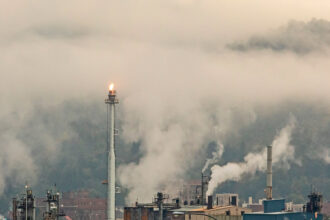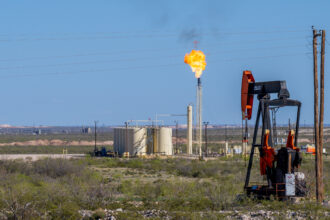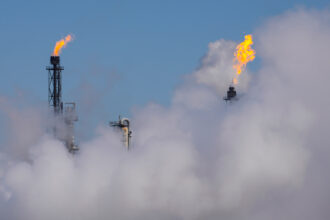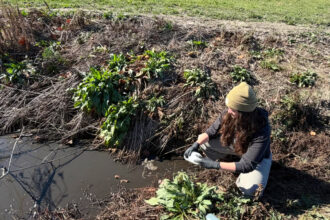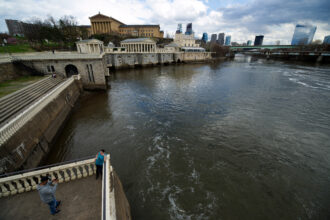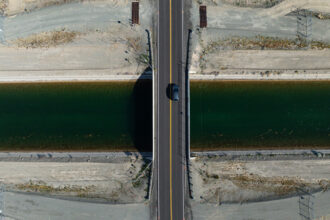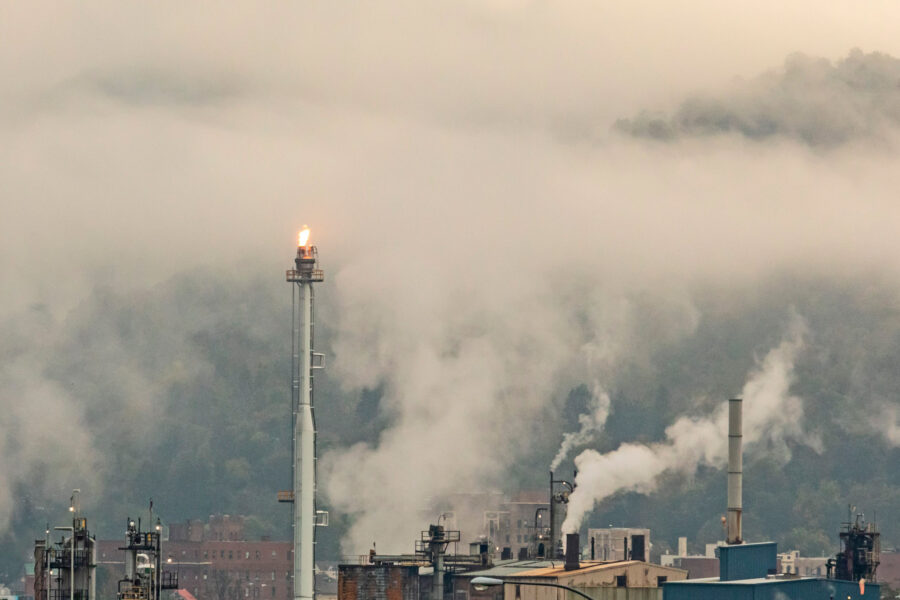by Terry Macalister, Guardian
There is mounting confidence inside BP that the chief executive, Tony Hayward, can hang on to his job despite the furor in America over the Gulf of Mexico oil spill.
There have been no demands for his head at meetings with major shareholders, though the company is aware that this could change if investigations prove direct negligence caused the Deepwater Horizon disaster.
Bookmakers have predicted that Hayward will be gone by Christmas but industry insiders say the mood of the investment community is much more supportive than critical US politicians might believe.
"Tony has met over 30 key investors and none of them have been talking about his need to step down," said one source.
Fadel Gheit, a respected oil analyst at the Oppenheimer & Co brokerage in New York, was also optimistic that Hayward could survive.
"I would not rule it out. I think he has a good fighting chance especially if [the rig explosion] is found to be a total accident. If external investigations show gross negligence by BP though there could be a wholesale clearout [of executives] like we saw after the reserves scandal at Shell," he argued.
Hayward has deliberately kept a high profile since the 20 April accident while Andy Inglis, the head of exploration and production, has been kept completely out of the firing line. The chairman, Carl-Henric Svanberg, has been attacked by City figures for failing to support his chief executive enough and his job looks more vulnerable.
Most Hated Man in America
Hayward, dubbed the most hated man in America, is deemed to have made some unfortunate PR gaffes and have performed poorly in front of a US government hearing. But many major shareholders, despite losing half the value of their investments in BP owing to the share price crash, feel Hayward has bravely stood up to a huge wave of American public and presidential anger while doing all he can to bolster the group’s financial position through investigating asset sales and courting sovereign wealth funds.
Today Hayward was in Angola, a key deepwater oil-producing area for the company, trying to reassure government officials and his own staff that BP was getting to grips with a difficult situation.
The chief executive is desperately hoping that by 27 July he will be able to present some good news on capping the leaking well as he unveils the second-quarter financial figures.
These are likely to show BP’s basic profits are up on the same time last year but down on the first three months of the year – although the figures will not include money spent on the Gulf clean-up.
Bob Dudley, one of a number of directors seen as potential successors to Hayward and an American who has been put in charge of the clean-up, said that the first relief well could stop the leak by the time of the financial results.
"In a perfect world with no interruptions, it’s possible to be ready to stop the well between 20 July and the 27th," he told the Wall Street Journal while admitting that the hurricane season made that perfect case "unlikely".
Both BP and the coastguard had previously talked about a mid-August deadline, anxious not to build up expectations.
About This Story
Perhaps you noticed: This story, like all the news we publish, is free to read. That’s because Inside Climate News is a 501c3 nonprofit organization. We do not charge a subscription fee, lock our news behind a paywall, or clutter our website with ads. We make our news on climate and the environment freely available to you and anyone who wants it.
That’s not all. We also share our news for free with scores of other media organizations around the country. Many of them can’t afford to do environmental journalism of their own. We’ve built bureaus from coast to coast to report local stories, collaborate with local newsrooms and co-publish articles so that this vital work is shared as widely as possible.
Two of us launched ICN in 2007. Six years later we earned a Pulitzer Prize for National Reporting, and now we run the oldest and largest dedicated climate newsroom in the nation. We tell the story in all its complexity. We hold polluters accountable. We expose environmental injustice. We debunk misinformation. We scrutinize solutions and inspire action.
Donations from readers like you fund every aspect of what we do. If you don’t already, will you support our ongoing work, our reporting on the biggest crisis facing our planet, and help us reach even more readers in more places?
Please take a moment to make a tax-deductible donation. Every one of them makes a difference.
Thank you,





